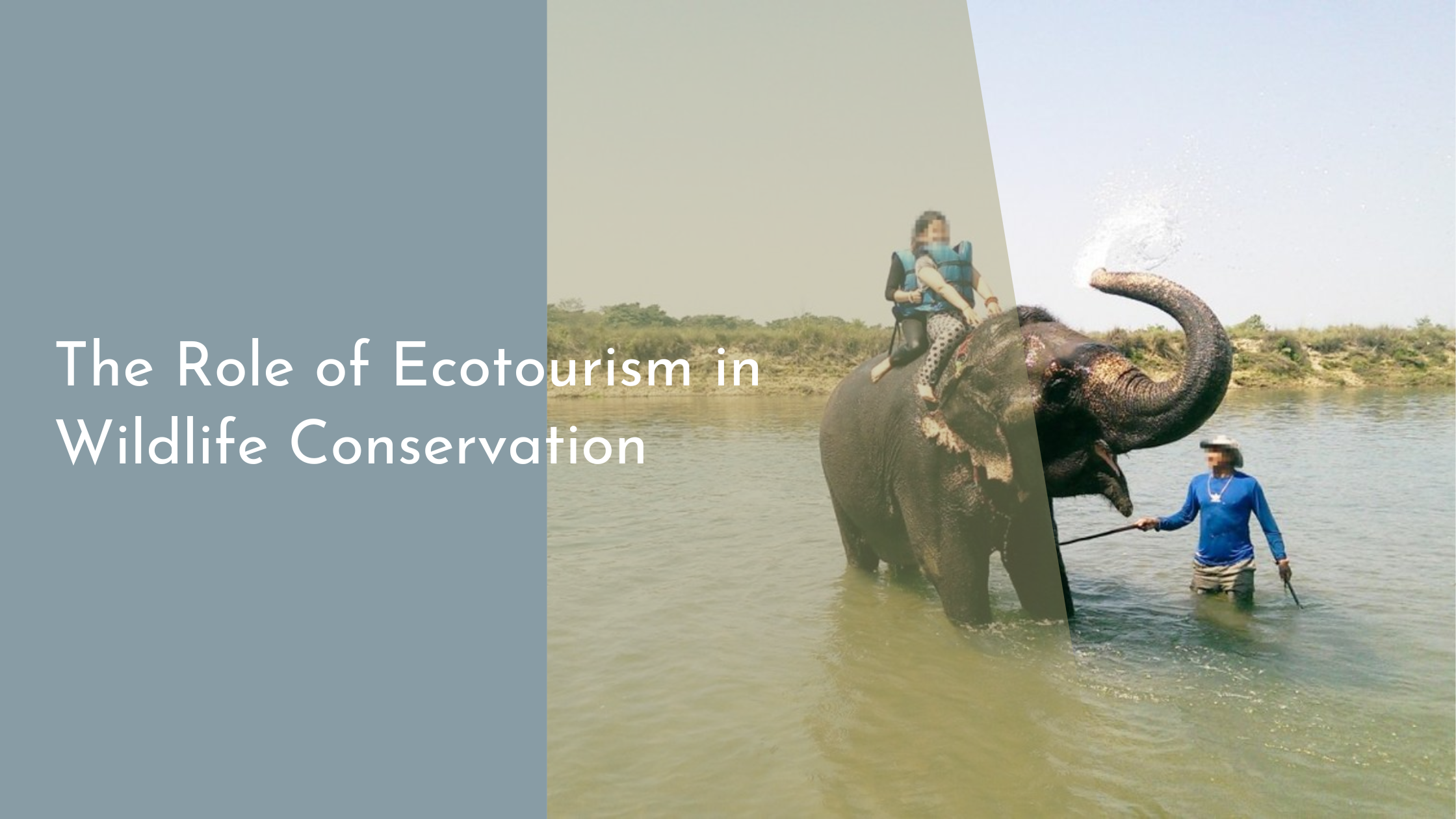The Role of Ecotourism in Wildlife Conservation
The concept of ecotourism has emerged as a beacon of hope for wildlife conservation, offering a harmonious blend of adventure and preservation. As more travelers seek responsible and sustainable ways to explore the world, ecotourism presents an innovative approach that benefits not only tourists but also the natural environments and communities they visit. This article delves into the role of ecotourism in wildlife conservation by exploring its advantages, core principles, successful projects, and the promising future it holds.
Understanding Ecotourism and Its Benefits
Ecotourism is a form of sustainable travel aimed at conserving the environment, respecting local cultures, and promoting education about the ecosystems being explored. Unlike conventional tourism, which can sometimes have detrimental impacts on wildlife and habitats, ecotourism endeavors to minimize negative effects and provide positive contributions to conservation and local communities. By encouraging tourists to appreciate and learn about natural habitats, ecotourism fosters a deeper understanding of the importance of preserving biodiversity.
One of the significant benefits of ecotourism is the economic support it provides to local communities. By channeling tourist revenue into conservation efforts and local economies, ecotourism helps improve the livelihoods of people living near wildlife areas. This financial incentive encourages communities to participate in wildlife preservation, reducing activities such as poaching and illegal logging. Visitors gain enriching experiences while contributing to the conservation of the ecosystems they visit, establishing a symbiotic relationship between humans and nature.
Key Principles of Ecotourism Practices
A fundamental principle of ecotourism is minimizing the environmental footprint of travel and tourism activities. This involves adopting sustainable practices, such as reducing waste, conserving water, and using eco-friendly transportation options. Additionally, ecotourism prioritizes low-impact accommodations, often integrating natural elements into the design and operation of lodges and camps to blend seamlessly with the environment. By adhering to these principles, ecotourism strives to preserve the integrity of wildlife habitats, ensuring they remain unspoiled for future generations.
Another core tenet of ecotourism is fostering cultural respect and understanding. This principle emphasizes the importance of engaging with local communities and respecting their traditions and knowledge. Ecotourism operations often involve community participation, providing opportunities for cultural exchange and learning. By collaborating with indigenous and local populations, ecotourism not only nurtures respect and appreciation for diverse cultures but also ensures that conservation efforts align with the needs and values of those living in proximity to wildlife areas.
Successful Ecotourism Projects Worldwide
One of the most celebrated ecotourism projects is Costa Rica’s approach to preserving its rich biodiversity. The country has successfully leveraged ecotourism to protect its rainforests and wildlife, with an impressive 25% of its land designated as protected areas. Ecotourism has become one of Costa Rica’s primary sources of revenue, funding conservation initiatives while supporting local communities. Visitors to Costa Rica can engage in activities like rainforest hikes, bird watching, and guided wildlife tours, all while contributing to the country’s sustainable development goals.
Another noteworthy example is the conservancies in Kenya, where community-based wildlife conservation has thrived through ecotourism. By creating partnerships between local communities and tourism operators, these conservancies have transformed vast tracts of land into protected wildlife habitats. The revenue generated from tourism supports both conservation efforts and community development, showcasing a successful model where local people are empowered as stewards of their land. These initiatives have led to an increase in wildlife populations, including iconic species such as elephants and lions.
The future of wildlife conservation looks promising with the continued growth of ecotourism. By promoting sustainable travel practices and fostering community involvement, ecotourism offers a bright path forward for preserving the planet’s biodiversity. As travelers increasingly seek meaningful and responsible tourism experiences, the support for ecotourism initiatives is likely to expand, further embedding conservation efforts into the fabric of global travel. Through collective action and a commitment to sustainability, ecotourism stands as a powerful ally in the fight to protect our world’s precious wildlife.

